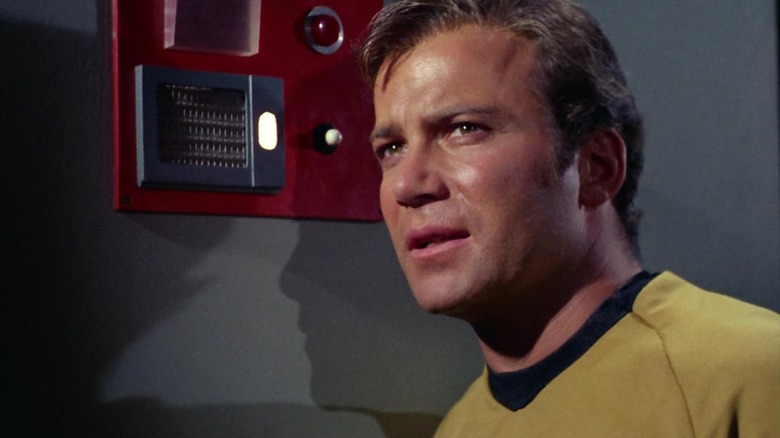How William Shatner Reacted to Star Trek's Cult Legacy 5 Years Post-Cancellation

The Unexpected Rise of "Star Trek" and the Human Side of Its Legacy
"Star Trek" is now one of the most iconic science fiction franchises in history, but its journey to that status was anything but straightforward. When the original series first aired, it struggled with low ratings and a limited audience. Despite the passionate fanbase, the show was nearly canceled after its second season. However, a strong grassroots effort by fans helped keep it on the air for one more season before it concluded in 1969. At the time, it seemed like the end of an era.
But the story didn’t end there. The third season provided enough episodes to secure syndication deals, allowing "Star Trek" to be shown repeatedly throughout the early 1970s. This exposure brought in new fans and deepened the devotion of existing ones. Without VCRs being widely available, the show’s constant presence on television meant fans could memorize every line, every scene, and even the smallest details. It wasn’t long before "Star Trek" became a cult phenomenon, leading to the first official convention in New York in 1972. From that point on, the franchise had firmly embedded itself in pop culture.
A Star Trek Fan's Perspective: William Shatner's 1975 Interview
By 1975, the actors from "Star Trek" were experiencing a shift in their careers. Though the show had been canceled, the continued reruns and growing conventions had made them celebrities. William Shatner, who played Captain Kirk, appeared on Geraldo Rivera’s program "Good Night America" to discuss the growing popularity of the franchise. He was both intrigued and confused by the fervor surrounding "Star Trek." Fans could recite lines he had long forgotten, which left him wondering why people remained so invested in the show.
Despite this confusion, Shatner never dismissed his fans. In fact, during the interview, he expressed admiration for the Trekkies in attendance. His perspective was shaped by his recent experience at a massive "Star Trek" convention in New York, where 10,000 fans gathered. For Shatner, this was the largest crowd he had ever addressed, surpassing even a previous performance at a 5,000-seat event in Central Park.
Finding Meaning in the Chaos
Shatner admitted he had no prepared material for the convention, and he knew that simply talking about the show wouldn’t resonate with fans who already knew it inside and out. He decided to take a different approach, focusing on the personal experiences that only he could share. He wanted to cut through the commercialization of "Star Trek," which he felt had become overly focused on merchandise and profit. Instead, he aimed to highlight the human side of the show—his own feelings and insights about the characters and stories.
This philosophy would guide Shatner for decades. He went on to write several autobiographies, including "Star Trek Memories" and "Star Trek Movie Memories," and continued to attend conventions regularly. Even now, at the age of 94, he still shares stories and reflects on his life with energy and enthusiasm. There are even rumors that he might return to the role of Captain Kirk once again.
The Enduring Legacy of "Star Trek"
It’s hard to imagine that "Star Trek" was once considered a struggling series. Today, it stands as a cultural touchstone, inspiring generations of fans and creators alike. While Shatner may still find it puzzling why the show remains so popular, his contributions have undoubtedly played a key role in its lasting impact. As the franchise continues to evolve, it’s clear that the heart of "Star Trek" lies not just in its technology or adventure, but in the passion and dedication of those who keep it alive.



Komentar
Posting Komentar